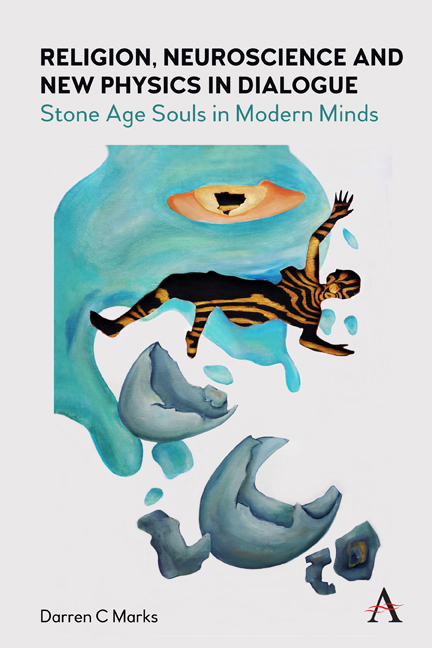Book contents
- Frontmatter
- Dedication
- Contents
- Preface
- 1 Stone Age Souls
- 2 Modern Minds—Education to Reality?
- 3 Multiverses or the Home of God?
- 4 Three Great Errors: Deconstructing Nature, Naturalism and Scientism: Fictions or Delusions?
- 5 Returning the Soul: Fictions or Illusions?
- 6 Can We Be Good? What Models Do We Have?
- 7 Concluding Postscript or We’re Okay?
5 - Returning the Soul: Fictions or Illusions?
Published online by Cambridge University Press: 25 March 2023
- Frontmatter
- Dedication
- Contents
- Preface
- 1 Stone Age Souls
- 2 Modern Minds—Education to Reality?
- 3 Multiverses or the Home of God?
- 4 Three Great Errors: Deconstructing Nature, Naturalism and Scientism: Fictions or Delusions?
- 5 Returning the Soul: Fictions or Illusions?
- 6 Can We Be Good? What Models Do We Have?
- 7 Concluding Postscript or We’re Okay?
Summary
In 1927, at an axial time of European history, Sigmund Freud published his The Future of an Illusion as a completion on his work on the origins of religion, started in 1913 with Totem and Taboo. In the work, Freud argues that religion is a necessary fiction whose illusionary power allowed humankind to become civilized while balancing primal/animal instinct of the self with the needs of living in a collective. In the work, Freud claims to bring psychoanalysis, psychodevelopment, and other disciplines such as archeology and anthropology to understand the origins and prevalence of religion especially that associated with the Judeo-Christian tradition. The themes in the work would persist throughout his later life, including his 1939 Moses and Monotheism. While it may be accurate, as scholars repeatedly argue, that Freud's work is dismissive of uniqueness of monotheism (and perhaps gives too much credit to the simple reduction of psychosexual development as the reason for it), it is also true that his claim that religion is a fiction whose illusion allows human society to make ontological claims on the nature of moral and natural reality rings true with most contemporary sociological theories on religion. Religion, particularly in light of the many historical and present religious candidates of human experience, at its root has a sociofunctional role and that this sociofunctional role can be the reason it is accepted, dismissed or vulnerable to usurpation by another religious identity over time. In short, most sociological analyses of religion find that the wide variety of ontotheological claims—whether Islam or Zoroastrianism—are best understood by the role of social stability that the worldviews grant. This position, on the surface, makes nothing of the underlying “truth” of the divine reality/ities but only that they “work” in granting social utility, both communal and personal. This means, using Freud's language, that they are “fictions” granted power by their utility and as such make no claim on ontology itself. In words, they are made up by humans as they understand themselves, not necessarily a true investigation or understanding of the Real. They are “illusions” that grant social stability (and by extension, social abuse), given ontological power by their usefulness and therefore entirely human—perhaps local but certainly not divine in origin.
- Type
- Chapter
- Information
- Religion, Neuroscience and New Physics in DialogueStone Age Souls in Modern Minds, pp. 89 - 100Publisher: Anthem PressPrint publication year: 2021

